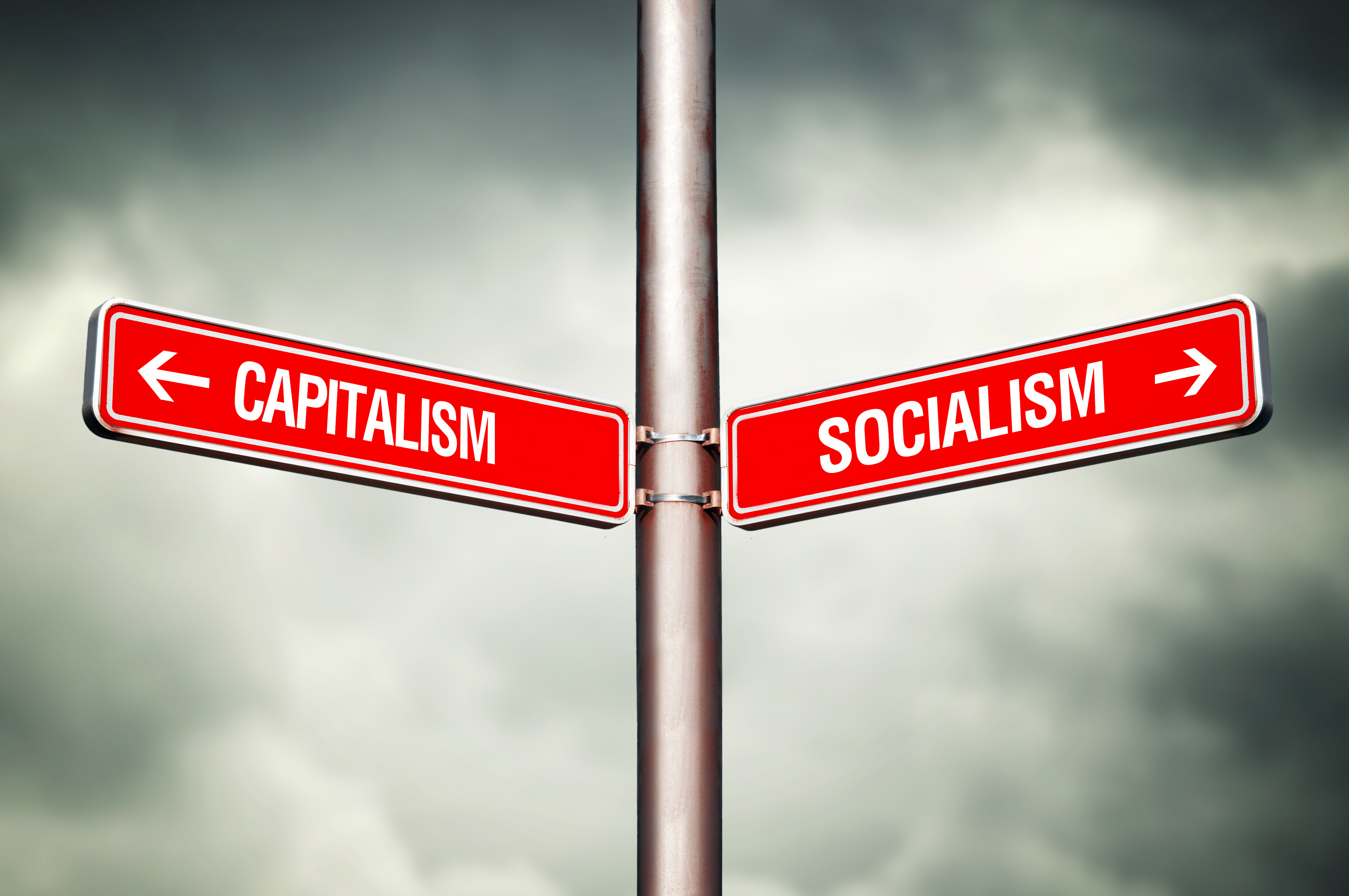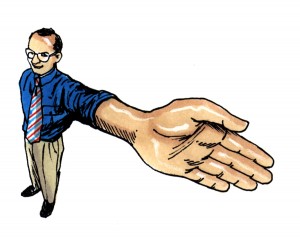Leviticus 25, The Biblical social welfare system. Chapter 25, in part, lays out Israel’s social welfare and economic system. Basically, it was a capitalistic economic system where private individuals owned property and small businesses and controlled the means and productions of goods and services, and the central government’s involvement in the lives of people was minimal. This is not the case in a purely socialistic (or Marxist or communistic) economic system where the government owns most of the property and controls the means and distribution of goods and services, and where regulation of people’s lives is tremendous.
The capitalistic system that YHVH gave to Israel, however,l contained some quasi-socialistic checks and balances in that greedy or even exceptionally gifted and ambitious individuals couldn’t become excessively rich at the expense of the poor. Socialistic economic philosophy demands that the wealth of the nation be equally distributed among everyone including the poor. This may sound good in theory, but it doesn’t work. In reality, socialism stifles individual initiative by punishing (often through taxation and other means of wealth confiscation and redistribution by the government) those who, through hard work, sacrifice, initiative, and inventiveness have become wealthy. So, it stands to reason, why should the wealthy work hard if the fruits of their labors will only be confiscated and be given to the poor or the “have nots, ” or to those who refuse to work?
At the same time, capitalism is also a flawed system, since in time, the wealthy often end up owning own much of the land and control most of the wealth. Human nature being what it is, the greedy wealthy will turn a capitalistic system into oligarchic capitalism where only a few rich capitalists control nearly everything including the economic and political systems. This is the end times system that is described in Revelation 13 and 18 and is called Babylon the Great. Such a system ends up enslaving people through economic and political means, and creating a veritable serfdom of those who are under its rule (see Rev 18:13, 23).
With these things in mind, as you are reading through chapter 25, note how YHVH instructed the poor to be cared for. There was no government welfare system based on taxing the producers and giving to the non-producers. Everyone worked. In fact, the Torah commands everyone to work for six days, and then to rest on the seventh day (Exod 20:9). Sloth and laziness wasn’t an option.
Notice how debt was handled, and how people worked to pay off their debts. Bankruptcy wasn’t an option.
Notice how the jubilee year prevented the wealthy from acquiring all the land, and how every 50 years there was a redistribution of land, so that those who through sloth or mismanagement of their resources lost their land. Such individuals were mercifully given a second chance to start over again and to learn from their past mistakes. Lending to the poor was encouraged, and the charging of interest was prohibited.
As you read through this chapter, consider how YHVH deals with the perennial social and economic ills that have plague the world from time immemorial compared to how men currently deal with these same problems, and usually end up making the problems worse.
Though it would be difficult to implement such a system in our highly collectivized and industrialized society of today, it is likely that in the future, during the Millennium, when the Torah will be the rule of the earth and agrarian society will likely be the dominant economic paradigm, that such a Torah-based system will once again be put in place.









